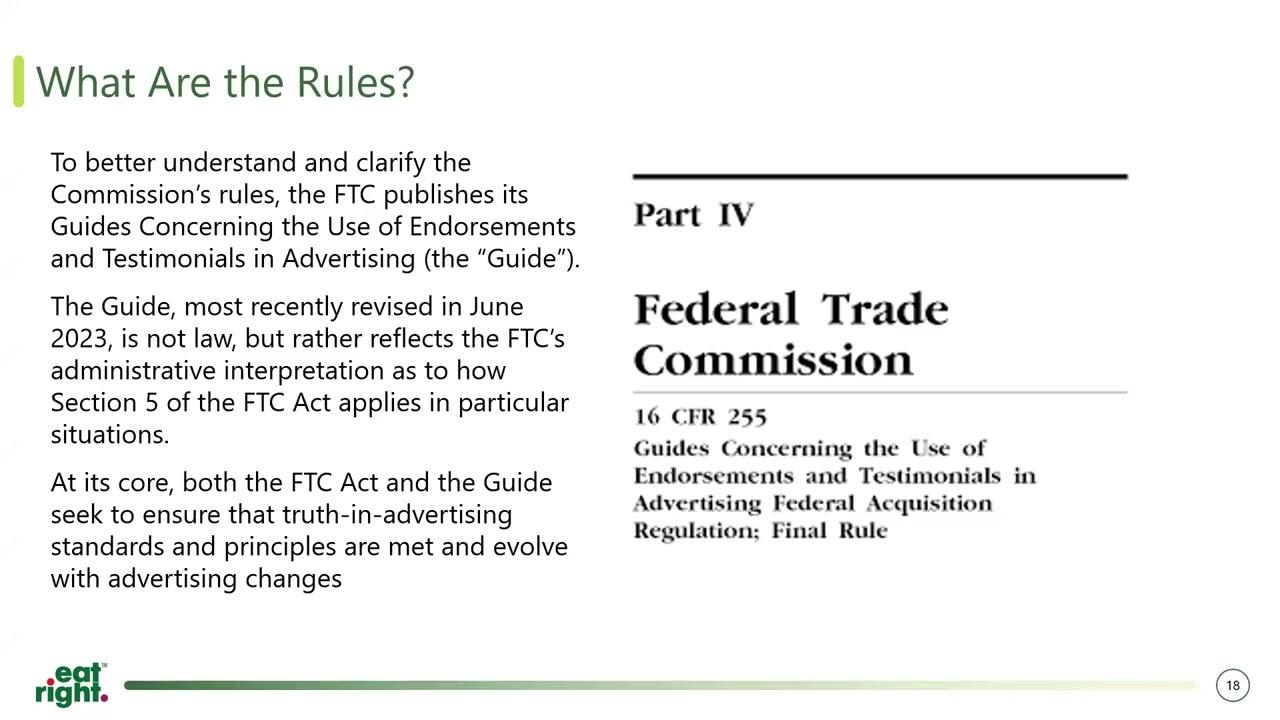
In the ever-evolving landscape of digital marketing, YouTube influencers have emerged as modern-day brand ambassadors, wielding notable power to sway consumer behavior. With millions of subscribers and an ability to engage audiences like no other medium, thes content creators have transformed the way products and services are promoted.However,as the popularity of influencer marketing surges,so too does the complexity of the legal framework surrounding it. From intricate disclosure requirements to copyright considerations, navigating this legal maze can be daunting for both influencers and brands alike. In this article, we demystify the legalities of YouTube influencer marketing, offering insights into best practices and essential regulations to help you traverse this dynamic terrain with confidence. Whether you’re a budding influencer, a seasoned marketer, or simply curious about the industry’s inner workings, understanding the legal implications is crucial to harnessing the full potential of this powerful marketing tool.
Understanding the legal Framework of Influencer Marketing on YouTube
The intersection of YouTube and influencer marketing brings with it a complex legal landscape that both creators and brands must navigate. Federal Trade commission (FTC) regulations require transparency in sponsored content. This means influencers are obligated to disclose any paid partnerships or sponsorships clearly and conspicuously, typically by using hashtags like #ad or #sponsored. Failing to adhere can lead to significant fines and damage to both the influencer’s reputation and the brand they represent. YouTube itself strengthens this compliance by implementing measures that highlight sponsored content, ensuring that users can easily identify promotional materials. The responsibility lies with both the influencer and the brand to maintain ethical marketing practices that protect their audience from misleading information.
Furthermore, copyright issues can arise when influencers use music, clips, or branded elements within their content. Understanding the nuances of copyright law is essential to avoid potential infringement claims. In many cases, a simple license may be necessary to ensure that all parties are covered legally. Below is a brief overview of common legal considerations in influencer marketing on YouTube:
| Legal Area | Key Points |
|---|---|
| FTC Regulations | mandatory disclosures for paid promotions. |
| Copyright | Permission for using music or video clips. |
| Privacy Laws | Consent for using personal data or images. |
| Endorsements | Properly reflect personal opinions in reviews. |

Crafting Clear and Compliant Sponsored Content Disclosures
In the fast-paced world of influencer marketing, transparency is key to maintaining trust between creators and their audiences. When it comes to sponsored content, clear disclosures are not just ethical obligations; they are legal requirements. Influencers must ensure that their audiences can easily identify when content is sponsored, without any ambiguity. common phrases such as “#ad” or “Paid Partnership” should be prominently featured in a way that aligns naturally with the content. The placement of these disclosures is critical; they should be visible and difficult to overlook, ideally at the beginning of a caption or in the video itself.
To help influencers navigate these requirements, consider implementing the following best practices for disclosures:
- Be Obvious: Use clear language like “sponsored” or “advertisement” to denote paid content.
- Strategic Placement: Position disclosures at the start of videos or within the first few lines of a description.
- Engage with Audiences: Encourage viewers to ask questions about sponsored content to foster open dialog.
The Federal Trade Commission (FTC) provides guidelines, and compliance can vary by platform. Creators are encouraged to stay informed about the changing legal landscape surrounding influencer marketing to avoid potential pitfalls. Below is a simple checklist to ensure compliance:
| Checklist Item | Status |
|---|---|
| Clear and conspicuous disclosure | ✔️ |
| Disclosure at the beginning of content | ✔️ |
| Use of appropriate hashtags | ✔️ |
| Engagement with audience questions | ✔️ |

Protecting Intellectual Property Rights in influencer Collaborations
In the fast-paced world of influencer marketing, safeguarding intellectual property rights is paramount. When brands collaborate with influencers, the potential for misuse of original content—such as videos, designs, and even brand messaging—can lead to damaging repercussions.It’s essential for both parties to establish clear agreements that lay out ownership rights. This can avert misunderstandings and foster a mutually beneficial relationship. Key elements to include in these agreements should be:
- Copyright Ownership: determine who owns the content created during the collaboration.
- Usage Rights: Clearly define how long and in what capacity the content can be used.
- Exclusivity Clauses: Avoid potential conflicts by specifying if the influencer can work with competitors.
Additionally, influencers must understand their rights regarding brand representations.Brands can have a powerful influence on an influencer’s image, which can inadvertently dilute their personal brand if not managed carefully. To maintain the integrity of both parties, it’s advisable to create a table outlining the terms of the collaboration, ensuring both content and brand guidelines are respected:
| Term | Details |
|---|---|
| Content Ownership | Influencer retains rights to original content |
| Approval Process | Brand must approve content before publication |
| Compensation | Monetary payment or product exchange |

Navigating FTC Guidelines to Build Trust and Transparency
Understanding the Federal Trade Commission (FTC) guidelines is crucial for influencers looking to establish credibility and authentic connections with their audience. Following these regulations helps maintain a level of transparency that fosters trust,and ensures that followers are informed about sponsored content. Influencers should consistently disclose any material connections they have with brands to avoid potential penalties and reputational damage. key practices include:
- Clear Disclosure: Place disclaimers at the beginning of videos or in descriptions to clearly highlight partnerships.
- Use of Hashtags: Incorporate hashtags like #ad or #sponsored in a visible and understandable manner.
- Honest Reviews: Share genuine opinions about products, irrespective of the promotional relationships.
Moreover, influencers need to educate themselves on the different nuances of the guidelines, as compliance isn’t just a one-time effort but an ongoing responsibility. Misalignment can lead to penalties, making it essential to stay informed and adapt to any regulatory changes. Here’s a quick reference table for understanding the essentials of FTC compliance:
| Disclosure Type | Recommended Action |
|---|---|
| Sponsored Content | Disclose at the beginning of the content |
| gifted Products | Specify if a product was received for free |
| Affiliate Links | Make it clear that you earn a commission |
In Conclusion
As we conclude our exploration of “Navigating the Legal Maze: YouTube Influencer Marketing,” it’s clear that while the landscape of digital influence is vibrant and brimming with opportunities, it is not without its complexities. Navigating the legal intricacies can feel daunting, but understanding your rights and responsibilities can empower both influencers and brands alike to thrive in this ever-evolving space.
From clear disclosure practices to copyright considerations, the guidelines may seem labyrinthine, but they serve to protect not just the creators and brands, but also the audience that engages with their content. As you embark on your journey in this dynamic field, remember that knowledge is your best ally. Equip yourself with the tools and insights we’ve discussed, and you’ll be better prepared to create authentic connections while staying compliant.
In a world where creativity meets regulation, the potential for innovation remains boundless. Embrace the challenge of the legal maze, and let your unique voice shine through as you navigate the intersections of influence, marketing, and integrity. Your journey in the realm of YouTube influencer marketing has only just begun, and the possibilities are as expansive as your imagination.